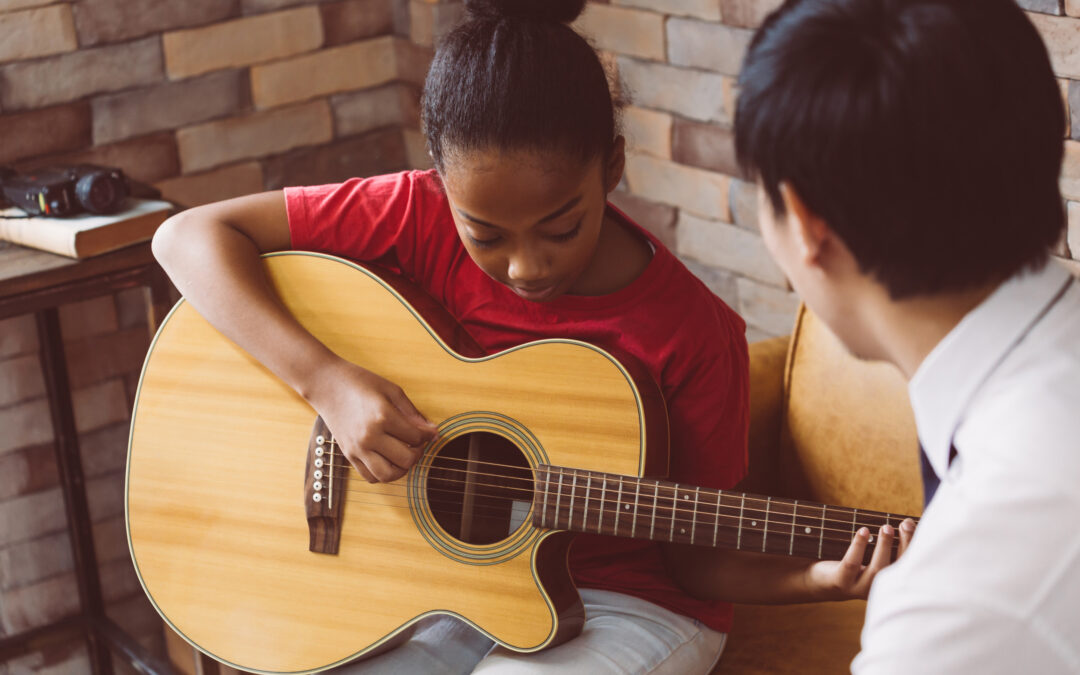Every chord you learn brings you closer to your favorite songs. But there’s something every beginner faces—finger pain. It shows up quickly and can make you want to stop. The good news? You can push through it with the right habits and mindset.
Here are simple steps that help reduce finger pain while building your skills with confidence.
Start With Short Sessions
Long practice sessions can wear your fingers out fast. In the beginning, play in short bursts—maybe 10 to 15 minutes at a time. Take breaks between sessions to give your hands a rest.
This approach keeps your fingers from getting too sore while helping you stay consistent. You’ll build up your finger strength slowly without overwhelming your hands. Daily short practice is better than one long session once a week.
If you take private guitar lessons, your teacher will often set small, doable goals that fit this kind of routine. It helps you improve while avoiding burnout.
Choose the Right Guitar and Strings
Some guitars are easier to play than others. A guitar with high string action (strings far from the fretboard) takes more pressure to play. That makes your fingers hurt more. Lower action means less strain.
Ask your teacher to check your guitar or recommend one that suits beginners. Nylon-string guitars are softer than steel-string ones, and they’re a good option if the pain is intense.
Lighter gauge strings can also help. They’re easier to press and cause less soreness. A quick string change makes a big difference early on.
Press Light, Not Hard
Many students press down too hard at first. You only need enough pressure to make the note sound clean. Anything more is extra effort and adds pain.
Try playing a note, then slowly ease off the pressure until the sound disappears. That’s your minimum. Practicing this way trains your fingers to use just the right amount of strength.
Over time, you’ll get better control, and your hand won’t tire out as quickly. A good teacher will often guide you through these techniques in both group and private lessons.
Keep Fingernails Trimmed and Clean
Long nails on your fretting hand can affect how you press the strings. They get in the way and make you bend your fingers in odd angles. That causes tension and strain.
Keep your nails short and clean. It lets your fingertips press the strings properly and reduces unnecessary pressure. If your fingers feel cramped or sore after playing, your nails might be the reason.
Warm Up Your Hands Before You Play
Cold fingers move slower and tire out faster. Before picking up the guitar, stretch your hands and do a few light exercises. Open and close your fists. Roll your wrists. Wiggle your fingers.
Warming up gets blood flowing and prepares your hands for movement. It may sound simple, but it keeps pain away and helps you stay flexible.
If your child wants to learn guitar, we’ll support them from their first chord to full songs. At The Music Workshop, we teach good habits and playing techniques from day one. Reach out to us today to learn more about our private and group guitar lessons.

